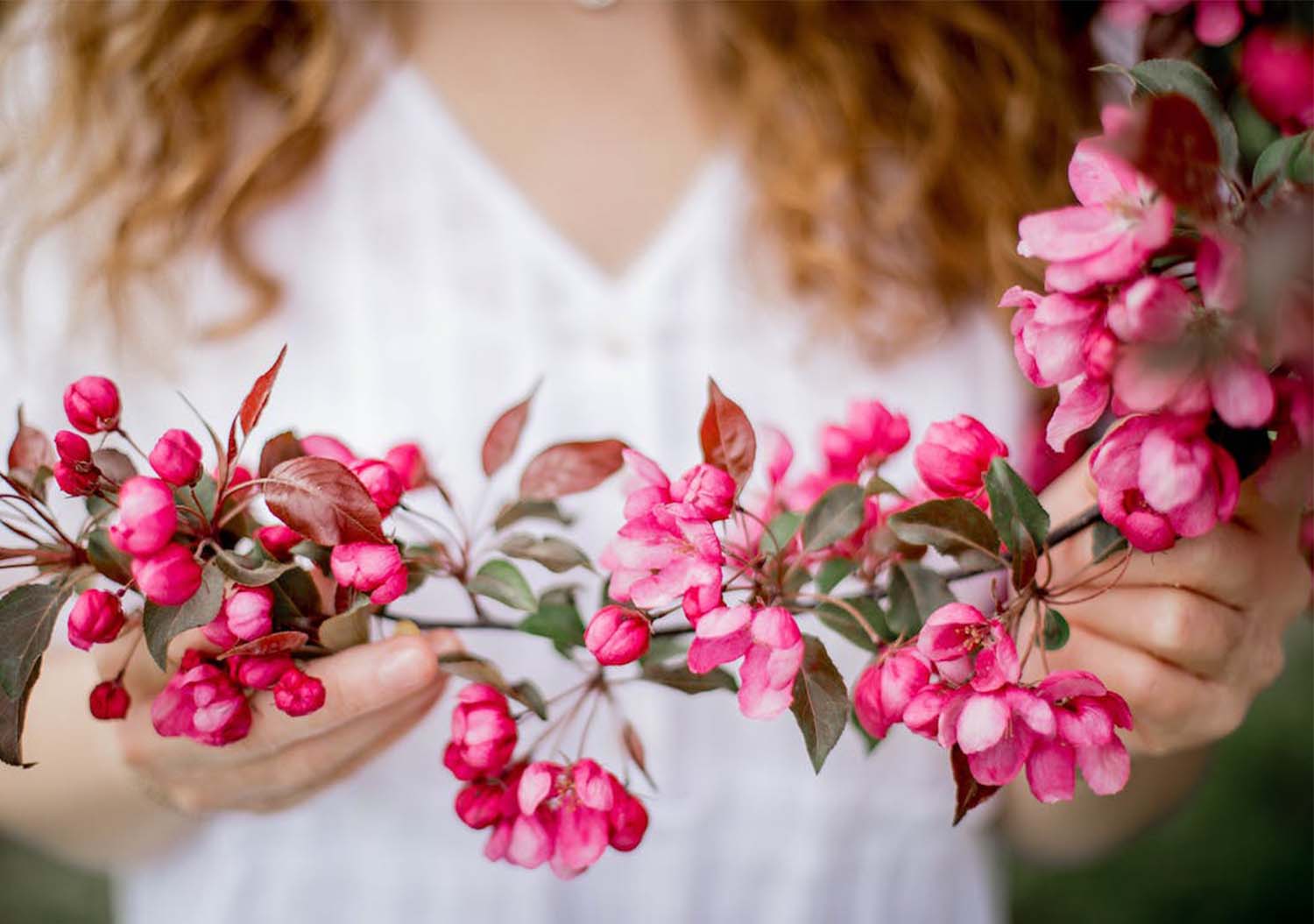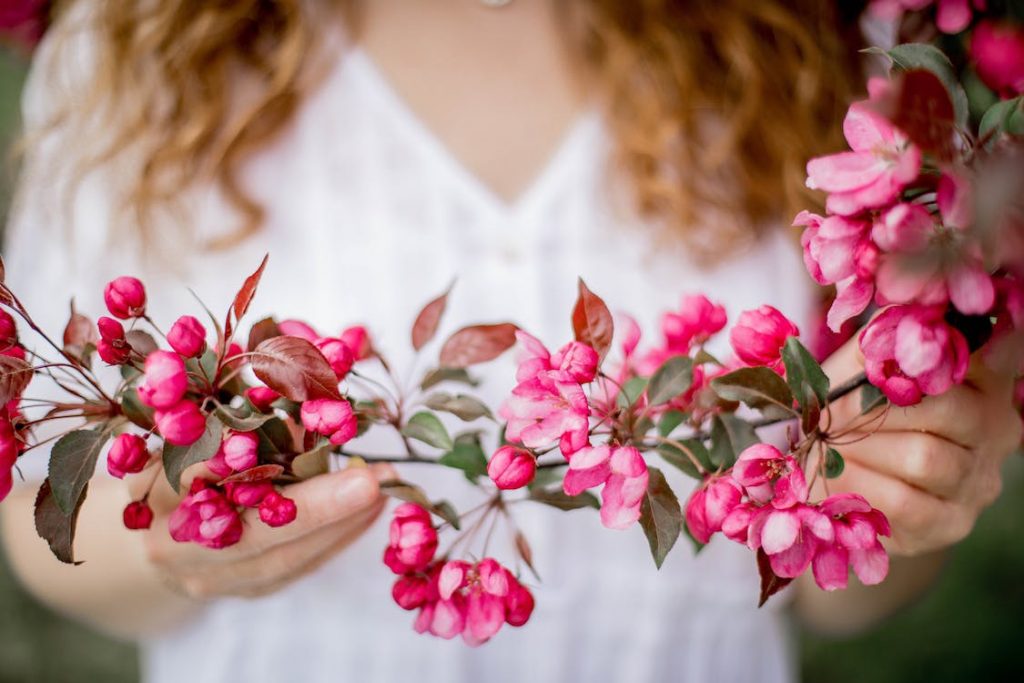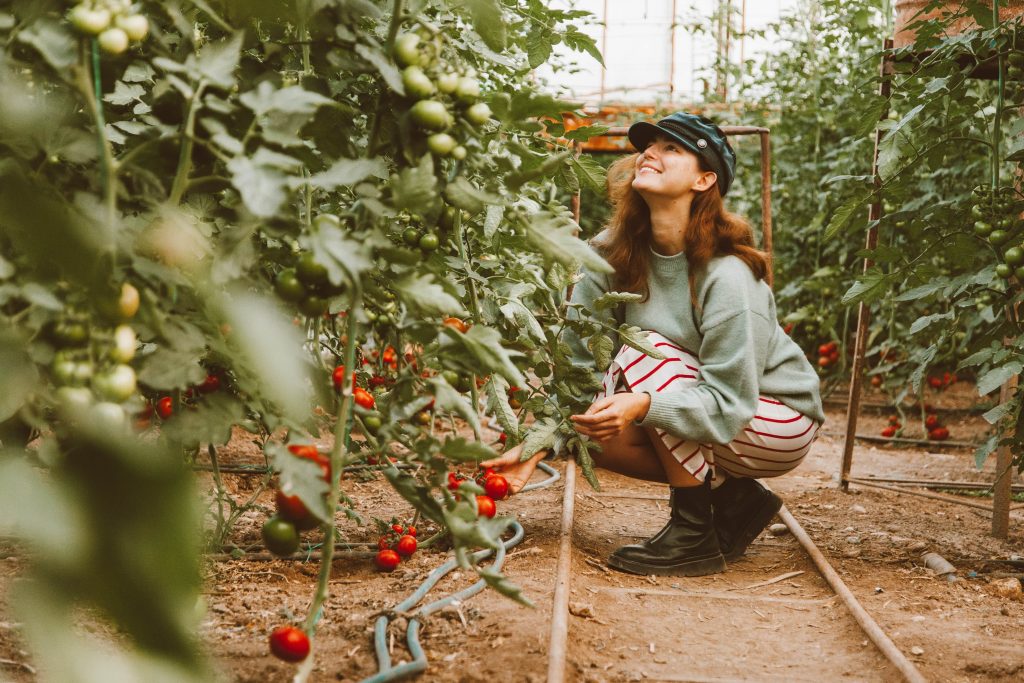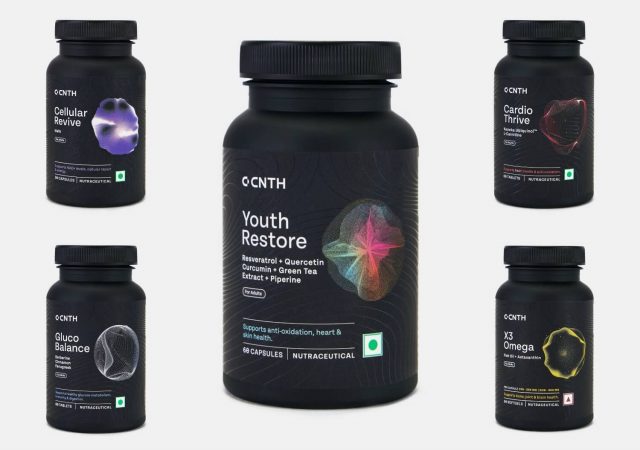Growing your own vegetables is a rewarding project that doesn’t need a lot of space, time, or money. Homemaker Mini Sreekumar from Thrikkakara, Kerala, for example, successfully grows fifty varieties of veggies (including, okra and chinese potatoes) in around five feet of perimeter space around her home, the Better India reports. If you’re looking to start your own vegetable garden, it’s important to do it right. By following a few simple, budget-friendly steps, you can ensure your harvest thrives.
Choose the right area in your garden
Be sure to start your garden in a suitable spot: veg grows best in sunny, warm areas. If necessary, you’ll also need to cut back any overhanging vegetation like tree branches, plants, and shrubs – this will keep your garden out of the shade. Wind breaks like a line of shrubs or fencing may also be needed to shelter your crops from harsh gales. Rest assured, growing your own produce needn’t involve transforming half your garden. Starting small with just one or two plants is a great way to get started. For example, tomatoes are a beginner-friendly option; plant them in full sun to ensure best flavour. If you don’t want vegetables to be a focal feature of your garden, you can also plant flowers in between them. Flowers add colour and beauty, while also being a lifeline for pollinators. Businesses can also benefit from adding flowers to their hardscaping designs. An attractive business exterior is essential for attracting customers and making a great first impression.
Care for your veg
Your garden will need watering often, about three times a week. So, you’ll need to take care of this whenever it doesn’t rain enough. You can also ensure your crops thrive by feeding them with high-quality nutrients. For example, some plant foods are designed to support particular plants as needed. Tomatoes, for instance, rely on plenty of potassium, while cabbage and leafy greens need nitrogen. Alternatively, your kitchen scraps can work as a cheap fertiliser; compost absorbs moisture to keep your soil moist, which is particularly beneficial over the summer.
Plant fresh herbs
Fresh herbs can liven up the flavour profile of your meals, and they’re also cheap and easy to grow. Certain strong-smelling varieties can also act as effective pest deterrents, helping ensure your garden thrives in the long-term. Bay leaf, for example, can flavour soups, stews, and pasta sauces, while also keeping pests like cockroaches, flies, and ants at bay. Alternatively, chives are great for deterring aphids, carrot flies, and Japanese beetles; this perennial herb tastes great in salads, sandwiches, and potato dishes. If you’re short on garden space, hanging planters can create a functional, vertical herb garden on any spare wall. Herb planters look pretty, as well as offering the benefit of saving space.
Growing your own vegetables doesn’t have to be complicated or expensive. By choosing the right area in your garden, caring for your veg, and planting herbs, you can successfully grow your own food at home.












